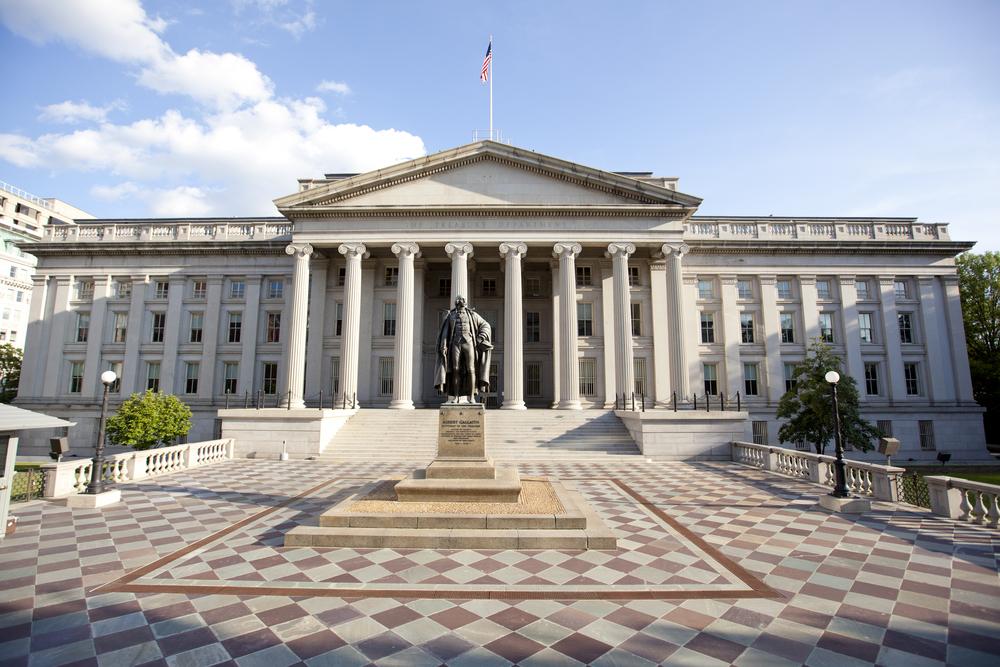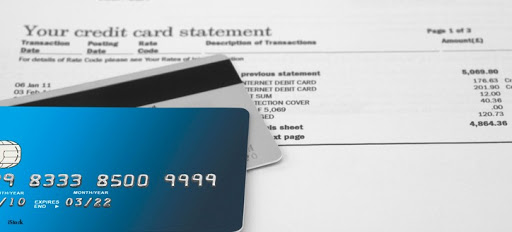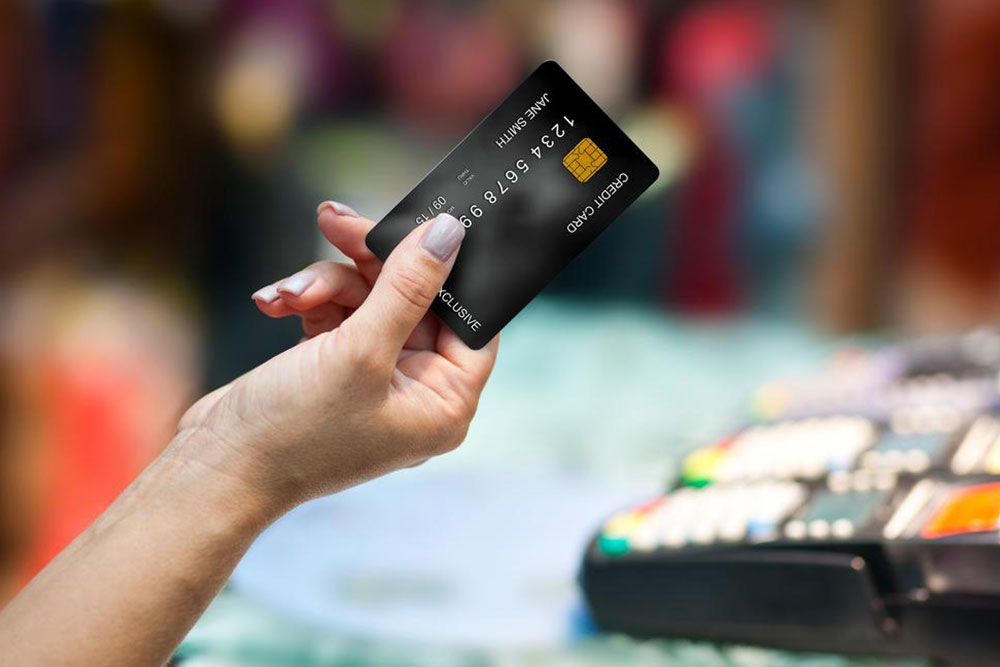A Guide to Resolving Credit Disputes Under the Fair Credit Billing Act
Learn how to effectively resolve credit card disputes under the Fair Credit Billing Act with this comprehensive guide. It explains key procedures like filing complaints, investigation timelines, and protections against unauthorized charges, helping consumers secure fair outcomes and protect their financial interests.

The Fair Credit Billing Act, established in 1974, aims to protect consumers from unfair credit card practices and ensure fair resolution of billing disputes. Since its inception, it has empowered consumers to challenge incorrect charges and recover lost funds. Here’s a step-by-step overview of how to resolve disputes under this law:
Dispute Time Limit: Consumers have approximately 60 days from their billing statement date to contest a charge. The dispute must involve charges over $50 and pertain to the cardholder’s account.
The 60-day window begins on the date you receive your bill. Eligible reasons for disputes include unauthorized transactions, incorrect amounts, wrong dates, calculation mistakes, or poor service experiences.
Submitting a Complaint: Written complaints should be sent via mail or email to your card issuer. A sample dispute letter is available on the Federal Trade Commission’s official website for guidance.
The issuer typically acknowledges receipt within 30 days. They have two billing cycles to investigate and resolve the dispute. During this period, they cannot collect payment or charge interest on the disputed amount, though they can report it as late to credit bureaus. Note that late reporting applies only to the specific disputed transaction.
Outcome of Investigation: If the investigation finds the charge invalid, the issuer must correct it and refund any interest charged. If they find no error, they must explain their conclusion and produce supporting documents if requested.
If dissatisfied with the results, consumers can request a reinvestigation within ten days. During this process, the issuer may still attempt to collect the disputed amount, but the note of the dispute remains on the account.
Additional Protections: The law allows consumers to report lost or stolen cards via phone, simplifying the process of blocking the card. If an unauthorized purchase occurs, the issuer is liable for up to $50. However, if an authorized user makes an unauthorized transaction, the issuer isn't responsible. These transactions are outside the scope of the Fair Credit Billing Act.
Stay informed about the latest credit card updates by visiting our Credit Card Section. Follow us on Facebook and Twitter for more investment news.
Note: Our blog provides broad informational content across multiple categories. While we strive to present accurate and helpful data, it should not be regarded as conclusive. The editorial team disclaims responsibility for discrepancies or outdated information, and some programs or offers may not be covered in our articles.









